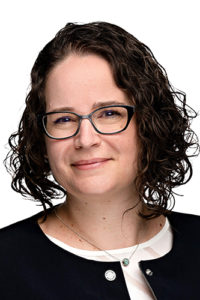PEARL Implementation Update
Sunday 13 November 2022: Bermuda Hospitals Board today provided an update on its progress with the implementation of its first BHB-wide electronic medical record system, called PEARL (Patient Electronic & Administrative Records Log).
Chief Executive Officer & President Dr Michael Richmond noted that the first two weeks had not been without their challenges, but that activity was beginning to return to normal.
He said: “The success of the implementation has been carried by our staff, external physicians and our partners, who prepared all they could, then have worked through the early expected issues that a major system implementation experiences. It has been a true team effort, as PEARL connects all parts of the hospital from pharmacy, diagnostics, finance and support areas to emergency, acute and critical care at all campuses.
“The good news is that we are on track and, after two weeks of having a slow down in our planned and outpatient activity, services will be running at normal capacity from Monday, including the number of elective surgeries. These are still early days, but issues have been managed, staff are mastering the new system, and we wanted the community to be fully informed about our progress.”
Despite a planned slow down in planned and outpatient activity, over the first two weeks after go-live there were still 3,267 encounters in ambulatory care (outpatient clinics and diagnostics), 150 surgeries (elective and emergency) and 20 babies born. In areas where activity could not be controlled, the normal activity levels were experienced. There were 1,011 people who attended the Emergency Department and Lamb Foggo Urgent Care Centre, and 142 admissions to an inpatient ward. This reflects KEMH and MWI wards.
In the Emergency Department, the average length of time between arrival and discharge did increase in line with expectations in the first week, but has gradually decreased since then (see data below).
Dr Richmond added: “I would like to extend my appreciation to the community for their understanding. We know it has been a challenge at times for patients in Emergency with longer average stays than normal, and elective procedures were reduced in the first two weeks. But the great promise of PEARL is to that as we work through this period we will be able to improve our care, smooth transitions, and use the system to help us deliver a better, safer care experience.”
PEARL went live in the early hours of Saturday 29 October, when information was transferred and then validated. Staff in different departments started using the system from the early afternoon.
The following is the ED length of stay (from arrival to discharge) for each day following go-live. The average length of stay up to 29 October in ED was 198 minutes (3 hours and 18 minutes).
Emergency average length of stay per day (midnight to midnight) in minutes
- Saturday 29 October (partial day): 294
- Sunday 30 October: 405
- Monday 31 October: 442
- Tuesday 1 November: 358
- Wednesday 2 November: 485
- Thursday 3 November: 366
- Friday 4 November: 285
- Saturday 5 November: 289
- Sunday 6 November: 239
- Monday 7 November: 289
- Tuesday 8 November: 190
- Wednesday 9 November: 160


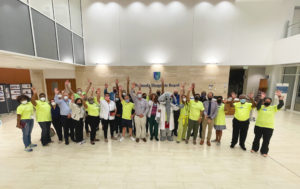
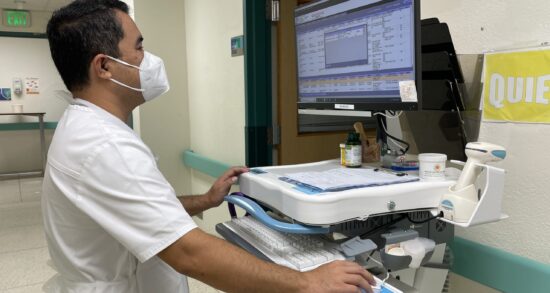
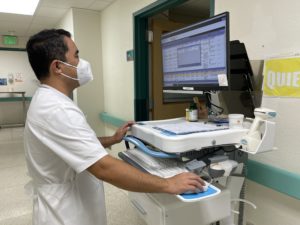
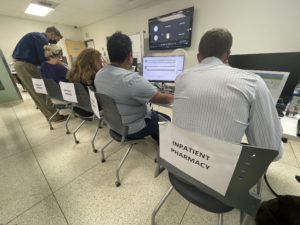
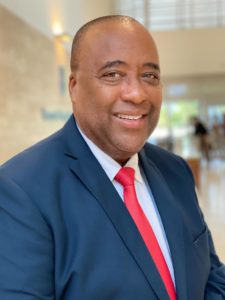 As CFO, Mr Ebbin will oversee all fiscal and fiduciary responsibilities for BHB, along with the efficient financial administration of BHB. He will lead the development and implementation of BHB’s financial strategy, with a commitment to uphold ethical and professional standards in all matters relating to BHB’s finances.
As CFO, Mr Ebbin will oversee all fiscal and fiduciary responsibilities for BHB, along with the efficient financial administration of BHB. He will lead the development and implementation of BHB’s financial strategy, with a commitment to uphold ethical and professional standards in all matters relating to BHB’s finances.